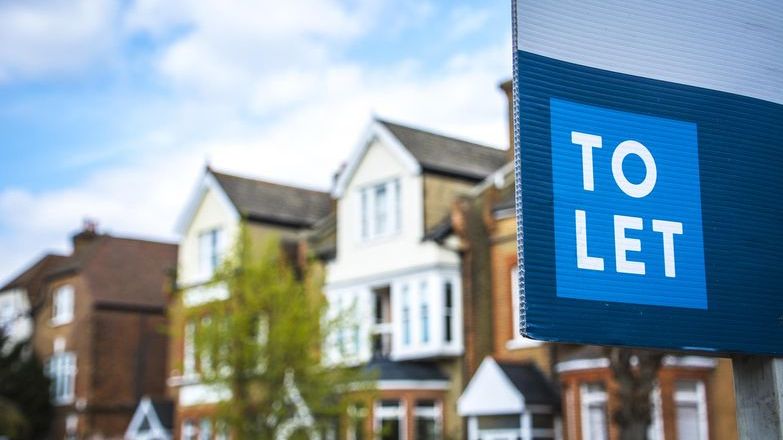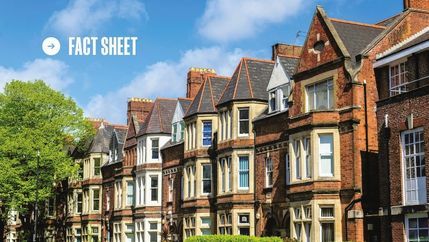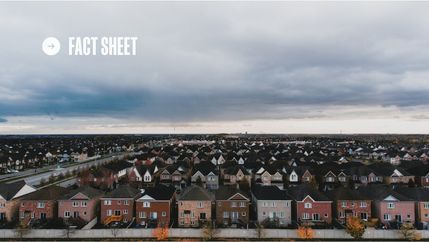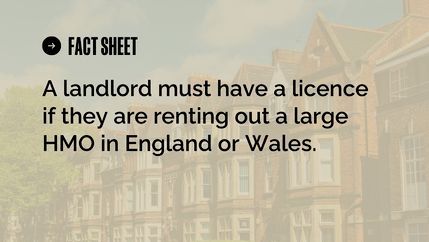
Legal responsibility for licensing
Selective licensing in Enfield applies to all privately rented residential properties occupied by one or two persons, or single family households, in 14 areas of the borough. The law places responsibility for licensing on anyone who is managing or in control of a privately-rented property. This includes property management and letting agents and is not just the responsibility of landlords.
The agency in this case was convicted for managing a privately rented property that was required to be licensed under the council’s selective licensing scheme.
Cllr Susan Erbil, Enfield Council’s cabinet member for licensing, planning and regulatory services, stated that it was disappointing to see landlords breaking the law by not obtaining the legally required licence to let their properties and the successful prosecution of this agency should be wake up call.
Managing agents and landlords should get in touch with their local council if they have any questions about property licensing schemes in their area.
Fact sheet: Additional licensing
The Housing Act 2004 introduced licensing for Houses in Multiple Occupation (HMOs). Additional licensing is when a local authority can impose a licence on other categories of HMOs in its area which are not subject to mandatory licensing.
Fact sheet: Selective licensing
The Housing Act 2004 allows local authorities to apply for Selective Licensing of privately rented properties in areas which are experiencing low housing demand and/or suffering from anti-social behaviour. The same Act also introduced a new licensing regime for Houses in Multiple Occupation (HMO).
Fact sheet: Licensing of Houses in Multiple Occupation (HMOs)
In May 2015, the UK Government announced that they would extend mandatory licensing of HMOs to address poor conditions and overcrowding. Under the Housing Act 2004, an HMO is a property rented out by at least three people who are not from one ‘household’ but share facilities like the bathroom and kitchen.







